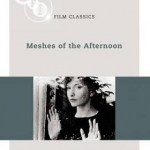
Meshes of the Afternoon
Book
?Meshes of the Afternoon (1943) is the most important film in the history of American avant-garde...
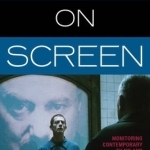
Surveillance on Screen: Monitoring Contemporary Films and Television Programs
Book
The theme of surveillance has become an increasingly common element in movies and television shows,...
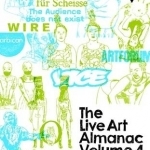
The Live Art Almanac: Volume 4
Lois Keidan, Aaron Wright and Harriet Curtis
Book
Live Art is now recognized as one of the most vital and influential of creative spaces in the UK....
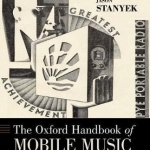
The Oxford Handbook of Mobile Music Studies: Volume 1
Jason Stanyek and Sumanth S. Gopinath
Book
The two volumes of The Oxford Handbook of Mobile Music Studies consolidate an area of scholarly...
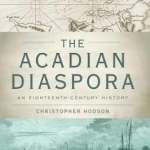
The Acadian Diaspora: An Eighteenth-Century History
Book
Late in 1755, an army of British regulars and Massachusetts volunteers completed one of the...
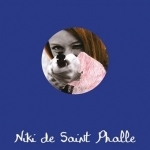
Niki de Saint Phalle
Camille Morineau, Bloum Cardenas, Catherine Francblin and Niki de Saint Phalle
Book
This gorgeous volume offers the most complete overview in print of the oeuvre of Niki de Saint...
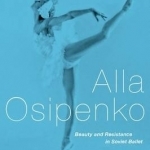
Alla Osipenko: Beauty and Resistance in Soviet Ballet
Book
Alla Osipenko is the gripping story of one of history's greatest ballerinas, a courageous rebel who...
The Foundations of Behavioral Economic Analysis
Book
This is the first definitive introduction to behavioral economics aimed at advanced undergraduate...
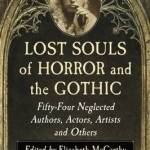
Lost Souls of Horror and the Gothic: Fifty-Four Neglected Authors, Actors, Artists and Others
Elizabeth McCarthy and Bernice M. Murphy
Book
Horror and Gothic in all of their various forms have penetrated the cultural mainstream in a manner...
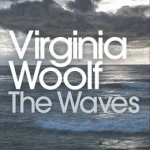
The Waves
Book
A formally innovative work of modernist fiction, Virginia Woolf's The Waves is edited with an...
